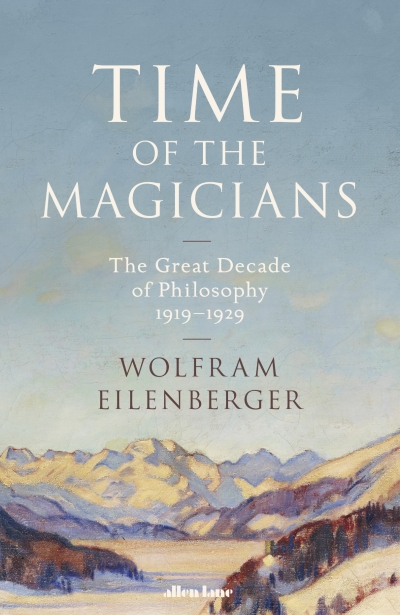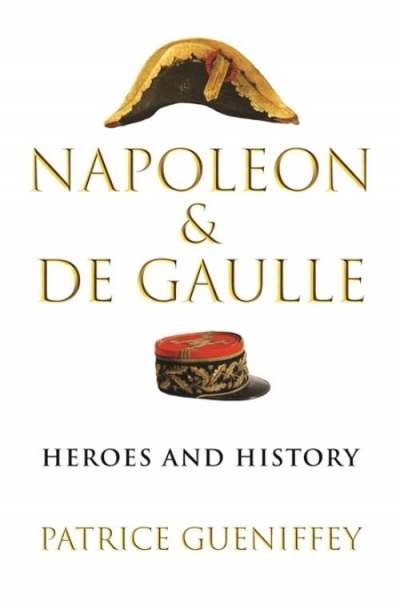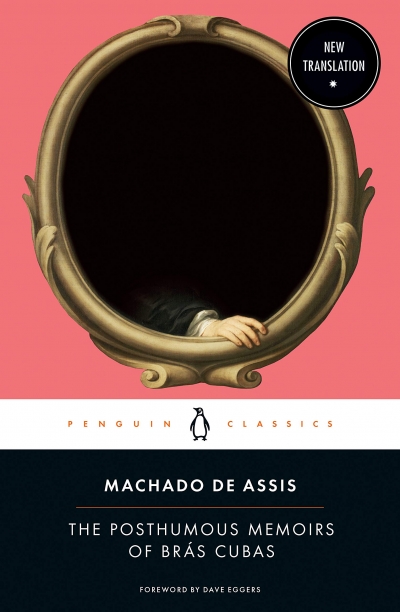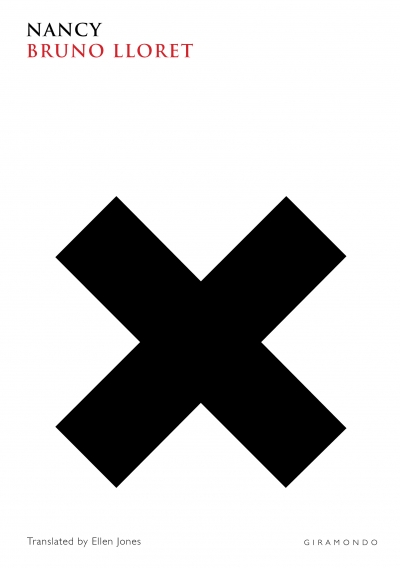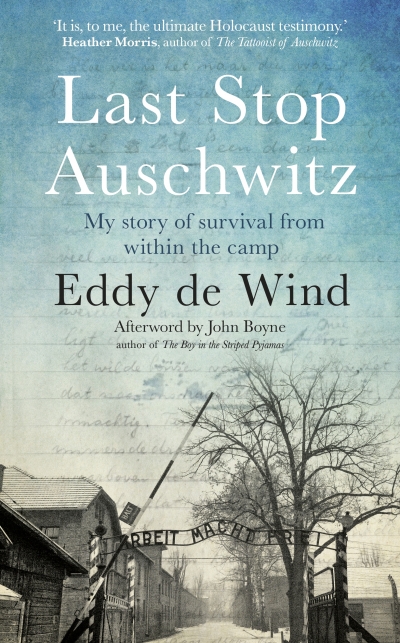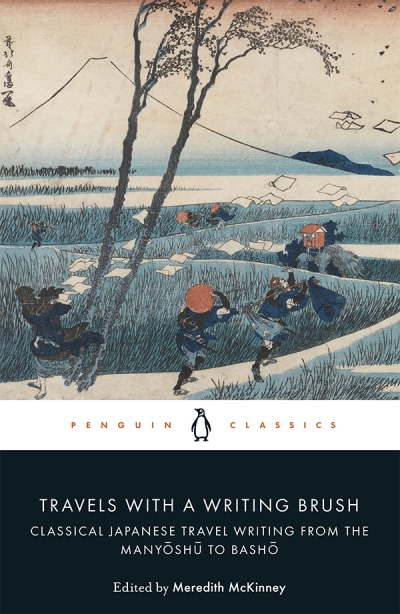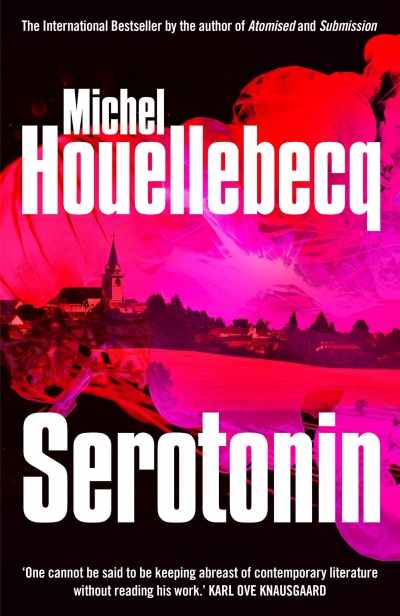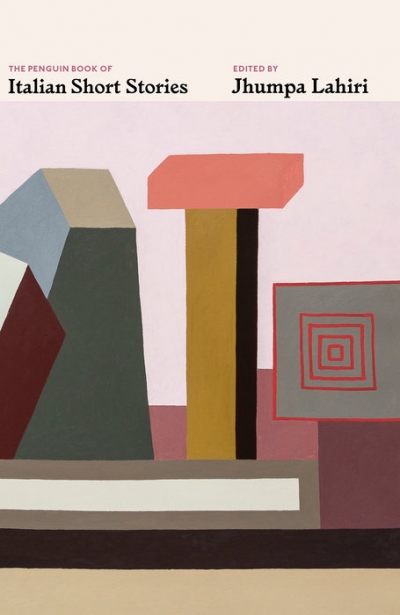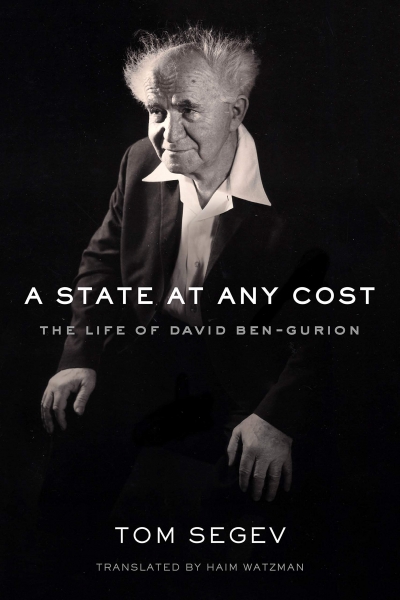Translations
Time of the Magicians: The invention of modern thought, 1919–1929 by Wolfram Eilenberger, translated by Shaun Whiteside
Philosophers attending a conference in the Swiss resort of Davos in 1929 eagerly anticipated a debate between Ernst Cassirer, a celebrated member of the academic establishment and a supporter of progressive liberalism, and Martin Heidegger, whose radical break from tradition had impressed younger philosophers. For those who expected a clash of titans, the result was disappointing. There were no denunciations, no rhetorical bolts of lightning. The true parting of their ways came later, in 1933, when Cassirer, a Jewish supporter of the Weimar Republic, was forced out of his position and into exile, and Heidegger, now a member of the National Socialist Party, told students of Freiburg University to be guided by the Führer.
... (read more)Napoleon and de Gaulle: Heroes and history by Patrice Gueniffey, translated by Steven Rendall
Forty years ago, François Furet outraged the French historical establishment by proclaiming that ‘the French Revolution is over’, launching a blistering critique of the Marxist categories and politics of university historians, many of them still members of the Communist Party he had abandoned in 1959. By the time of the bicentenary in 1989, historians were in bitter dispute over the meaning and legacy of the Revolution. In that year, Patrice Gueniffey completed his doctorate under Furet at the prestigious research school the École des Hautes Études en Sciences Sociales in Paris. He remains at that institution today, Furet’s most famous disciple and a celebrated historian in his own right.
... (read more)The Posthumous Memoirs of Brás Cubas by Machado de Assis, translated by Flora Thomson-DeVeaux
From the moment one reads that this book is dedicated ‘To the worm that first gnawed at the cold flesh of my cadaver’, it is clear that The Posthumous Memoirs of Brás Cubas, first published in Rio de Janeiro in 1881, is a novel like few others.
... (read more)Spinoza’s Ethics edited by Clare Carlisle, translated by George Eliot
Becoming better acquainted with an author may give rise to a surprise, or two. For example, the daughter of Mary Wollstonecraft (author of A Vindication of the Rights of Woman) and William Godwin (author of Political Justice) is the author of Frankenstein. Mary Shelley met her husband, Percy Bysshe Shelley, through his devotion to her father’s anarchist political philosophy. Gaining an awareness of the surprisingly complex threads that link one thinker to the next in dynamic webs of influence is one of the deep pleasures of scholarship.
... (read more)Near the beginning of Bruno Lloret’s stark, unvarnished first novel, Nancy, the cancer-riddled protagonist discovers that her husband has died in a workplace accident, sucked into the tuna processor while drunk. With no body to bury, she imagines having ‘a moment alone with the 2,500 tins containing [him]’.
... (read more)Last Stop Auschwitz: My story of survival from within the camp by Eddy de Wind, translated by David Colmer
Westerbork is the name of a transit camp located in the Netherlands. You transitioned from Westerbork to your final destination by means of the Nationale Spoorwegen (the national railways). Eddy de Wind, a Dutch Jewish psychiatrist, met his future wife, Friedel, in Westerbork. Both were sent to Auschwitz in 1943. Eddy was sent to Block 9 as part of the medical staff, Friedel to Block 10 to work as a Pfleger (nurse). Block 10 was administered by the Lagerartz (senior camp doctor), Josef Mengele.
... (read more)Travels with a Writing Brush: Classical Japanese travel writing from the Manyōshū to Bashō edited by Meredith McKinney
Meredith McKinney, our pre-eminent translator of Japanese classics – among them Sei Shōnagon’s The Pillow Book, the poetry of Saigyō Hōshi, the memoirs Essays in Idleness by Yoshida Kenkō, and Kamo no Chōmei’s Hōjōki (Record of the Ten Foot Square Hut) – has delivered another marvel of absorbing, elegant scholarship. Travels with a Writing Brush crosses the country of old Japan, from north to south and from east to west, and is a quintessential travel book. It goes to places, and shows them – except that the latter is not quite true; you would not go to this book to see things objectively so much as to cue to them imaginatively.
... (read more)Serotonin by Michel Houellebecq, translated by Shaun Whiteside
Serotonin is Michel Houellebecq’s eighth novel and appears four years after the scandalous and critically successful Submission (2015), a dystopian novel that depicts France under sharia law. In Serotonin, we are again presented with the standard Houellebecquian narrator: white, middle-aged, and middle class, seemingly in the throes of some mid-life crisis of a predominantly – but not exclusively – sexual nature.
... (read more)The Penguin Book of Italian Short Stories edited by Jhumpa Lahiri
In 1942, Elio Vittorini managed to circumvent the Fascist censors and publish Americana, a landmark anthology of thirty-three American authors. The aim of this massive project – over a thousand pages with translations into Italian carried out by ten significant literary figures of the time, including Alberto Moravia, Cesare Pavese, and Nobel Laureate poet Eugenio Montale – was to introduce iconic American voices to Italian readers. In assembling her substantial collection of forty Italian short stories, Jhumpa Lahiri set herself the same objective but in reverse: to introduce Italian authors to American readers. Lahiri declares Vittorini was her ‘guiding light’, not only for the general design of the work but also ‘in writing the brief author biographies – intended as partial sketches and not definitive renderings – that preface each story’.
... (read more)A State at Any Cost: The Life of David Ben-Gurion by Tom Segev, translated by Haim Watzman
In Israel’s recent election, Benjamin Netanyahu desperately defended his position as Israel’s prime minister, but perhaps also as a free man, because he may soon face trial for corruption charges. As Israelis learn more about his lavish life style, many yearn for the days of David Ben-Gurion (1886–1973), whom they recall as an ascetic statesman of vision and integrity. Netanyahu is seen as the opposite of Ben-Gurion.
So mused Israeli historian and journalist Tom Segev, author of this important biography of Israel’s first prime minister, in Haaretz newspaper. But, he added, Netanyahu has in many ways followed in Ben-Gurion’s footsteps, especially in his view that Israel’s conflict with the Palestinians can at best be managed, not solved.
... (read more)

